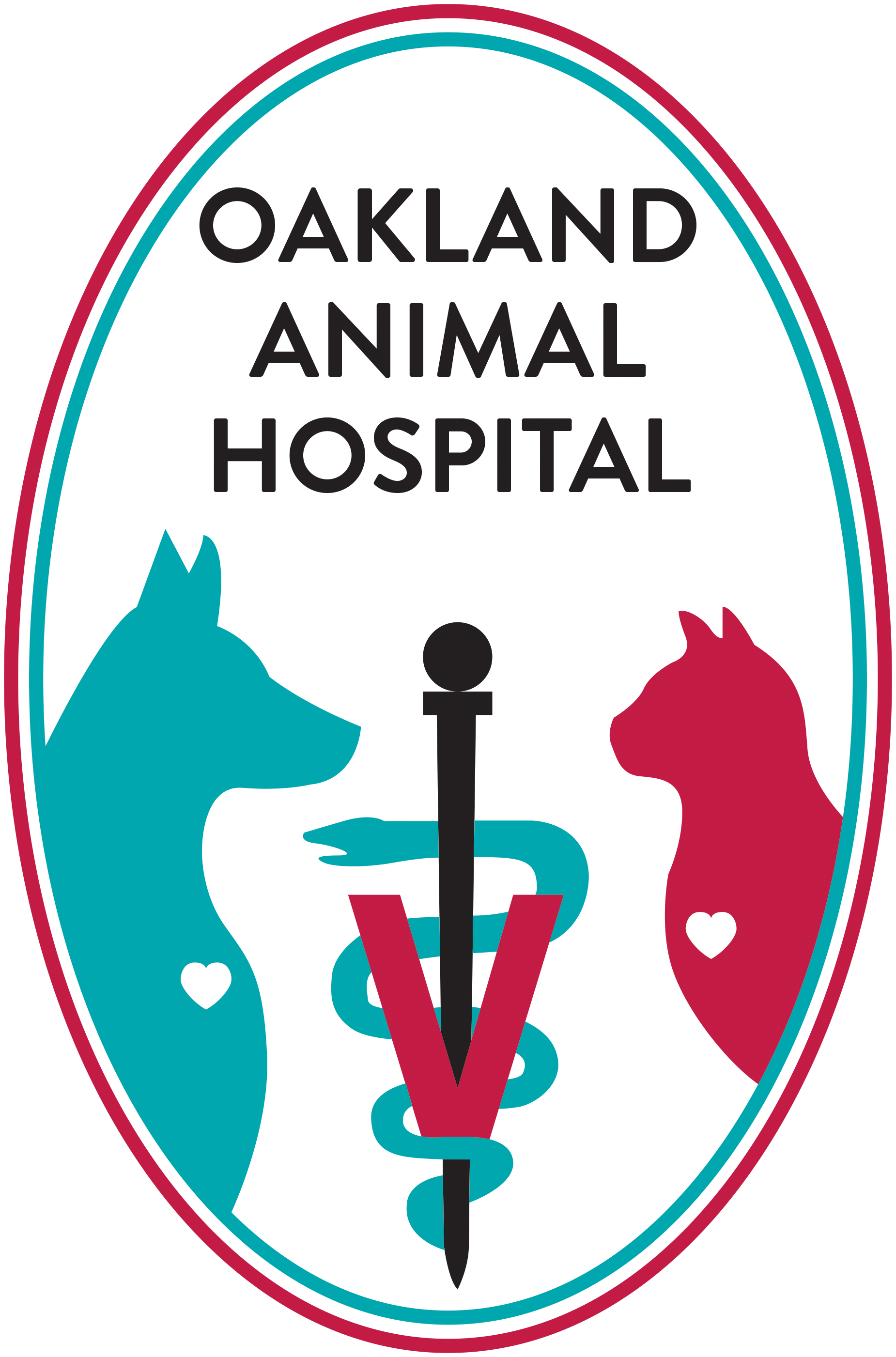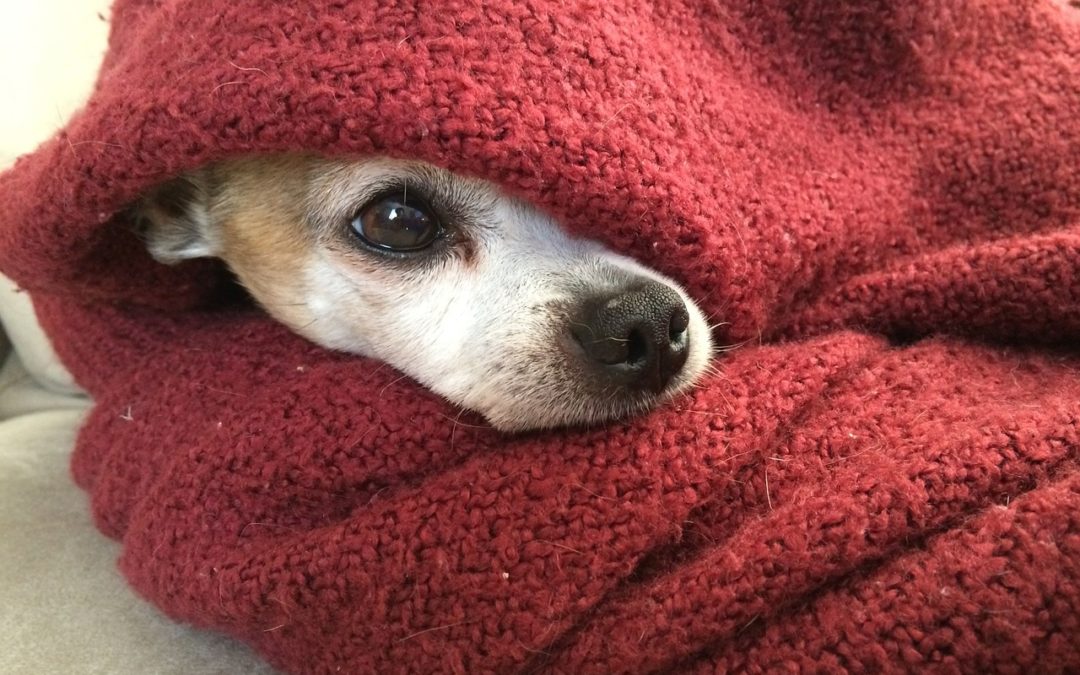As you prepare for a day of fun and fireworks, it’s important to think about how your pets are feeling. To humans, the noises, lights, and excitement are part of celebrating our nation. To our pets, it’s scary booming, buzzing, and lights that can cause some pets to feel stress, anxiety, and fear.
Did you know that more pet’s go missing on July 4th than any other day in the year? It’s important to be prepared for anything that comes your way. We have some tips that can help.
- Prepare your pet. If your pet has an opportunity to slowly become accustomed to the sounds of fireworks, the real thing on the Fourth of July won’t be as scary. Google “firework sounds for dogs” for several free options to help desensitize your pet from the loud bangs. First, play the sounds softly while your pet is doing something he enjoys, like eating or playing. Gradually increase the volume until it sounds like a true fireworks show.
- Provide a safe place with distractions. Some pets might prefer to be secluded in a closed, secure area of your home, like the basement or an interior room. Close all windows, window treatments, and doors. Then, distract your pet with classical music to help lessen the sounds outside, and play games with him or give him chew toys to keep him busy.
- Try products. There are many products meant to reduce anxiety and fear in pets. Some include:
- Naturally occurring and calming pheromones (Adaptil for dogs and Feliway for cats) that can be plugged into your wall in the form of a diffuser, sprayed in your pet’s safe place, or even worn as a collar
- Security and anti-anxiety wraps, like the Thundershirt, Storm Defender, Anxiety Wrap, and others
- Nutritional supplements and special diets meant to reduce anxiety, promote relaxation, and maintain emotional balance (ask us what we recommend!)
- Ear plugs for dogs, originally meant for hunting dogs who were around guns, can help muffle the noise (if you have luck keeping them in your dog’s ears)
- Talk to us about anti-anxiety medications. For pets with severe anxiety (watch for signs like shaking, destructive behavior, decreased appetite, incontinence, and excessive salivation), call our office. Often, the best option for these pets is prescription anti-anxiety medication, which will alter your pet’s brain chemistry, rather than just causing drowsiness, to reduce anxiety.
If you have any additional questions, please don’t hesitate to contact us immediately.
Need an appointment? Have questions?
The Oakland Animal Hospital is here to help! Contact us today.
CONTACT US

